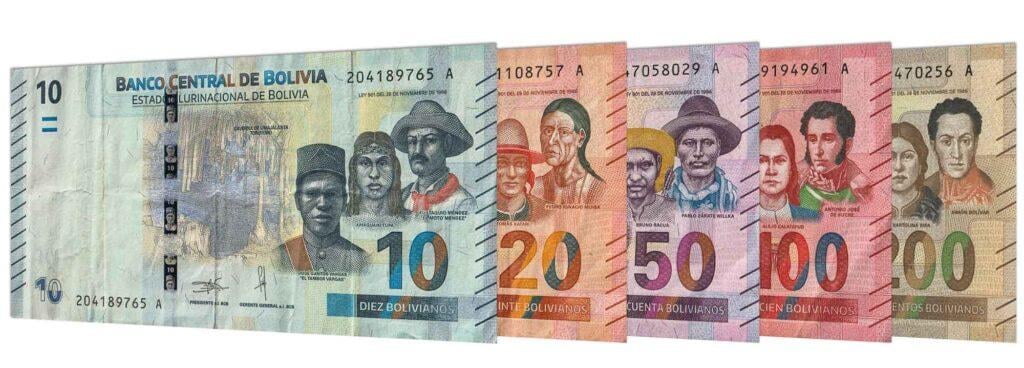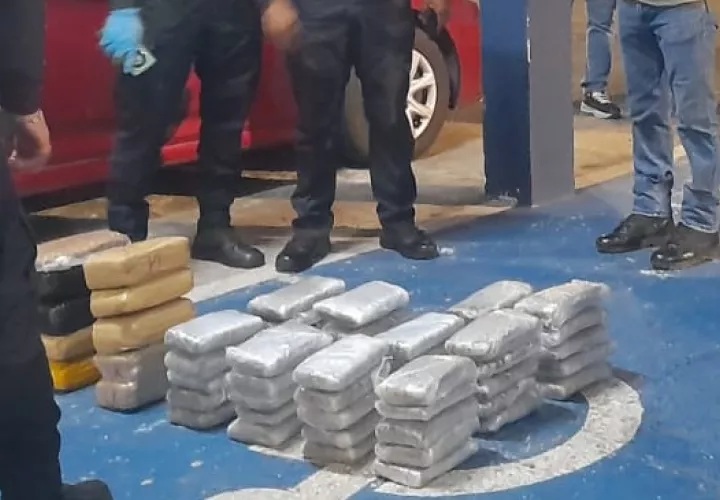Cost of traffic hell reaching $ billions

As the government rushes to complete infrastructure projects in Panama city during its time in office, studies show that the annual cost to business and the community is from $500 million to $2 billion.
While Panama strives to gain first world status, with economic growth moving . 7.5% in 2004 to 9.5% in 2010, with the expansion comes growing transit agony in the city, says La Prensa.
An inefficient public transportation system, an ever increasing number of vehicles on the road combined with road repair and realignment, means the construction of the Metro and work on sanitation clean up, are creating traffic log jam generating financial losses for companies and people reports La Prensa.
According to a study by the Transit Authority (ATTT), the estimated cost of traffic congestion in the Panamanian economy is $500 million annually.
Business entrepreneur and consultant John Bennett, who has studied the issue, says the ATTT measures only human time lost, when there are many other costly effects that should be included in the analysis.
Factors such as fuel consumption and time taken on journeys, pollution, accidents and lost opportunities have to be taken into account.. What and how much productivity could have been achieved with all that time?
Bennett, president of the Transit committee of the Panamanian Association of Business Executives, told La Prensa it would be more realistic to talk about the current cost of traffic jams as at least $2 billion a year because the problem goes beyond an endless line of cars.
Some real effects that have been noted are companies like the National Brewery confirming the extra cost of distribution. As delivery trucks sit idling in traffic the company has increased distribution costs by 10% because of overtime for personnel assigned to city routes and are also faced with the problem of refunds when their products fail to arrive on time.
Others like lawyer Juan Carlos Hernandez face reduced business activity, as, he says. it is now impossible to visit more than two clients in the morning because of time lost driving.
The situation has reached a critical point, and President Ricardo Martinelli, has apologized for the traffic log jams in the city, but like a Job’s comforter warns that it will be a difficult year, with heavy traffic.
It is hoped that construction of the subway and road system will help improve roads, but for the next three years it will have a negative effect on the way we get around the city.
While the work continues about 40,000 new cars are sold each year, and car dealers estimate that the trend will continue and, with cheaper cars arriving from China and elsewhere, may even grow.
While many cars that arrive on the roads, very few leave, in spite of accidents.
According the Comptroller General there was a 4.6% increase in gasoline sales in the first half of 2011 over the same period a year ago. This is a combination of the increase in the number of cars and the increase in consumption because of time spent in traffic jams. In the same period there was a 21% increase in car sales.
The country's vehicle fleet is 650, 000cars, of which 450 000 enter and depart daily from the city.
With more cars, there are more offenses. In 2006 8,850 infractions, were documented. In 2011 there are already 12,120 in the system.
The hope of the Ministry of Public Works is that the investment of multi millions of dollars in the transformation of the road network, along with the construction of the Metro and the initiation of Metro Bus operations, will improve the quality of life for Panamanians.
According to the the Metro, secretariat when it opens the first line, it will have a capacity for 15,000 people, and by 2035 it will cater to 40 000.
A study by technology company IBM, “Global Commuter Pain” Global, says there is a "crisis of vehicular traffic" in key international cities.
In 2010, IBM interviewed 8,192 people in 20 major cities including London, Madrid, New Delhi, New York and Sao Paulo to discuss the impact of congestion on their lives and the results of the study are troubling.
30% of respondents reported having more stress in life from traffick, 27% more rage, and 29% reported that traffic has negatively affected their academic or occupational functioning. Most worrying is that 57% of participants said that vehicular traffic has affected their health.





